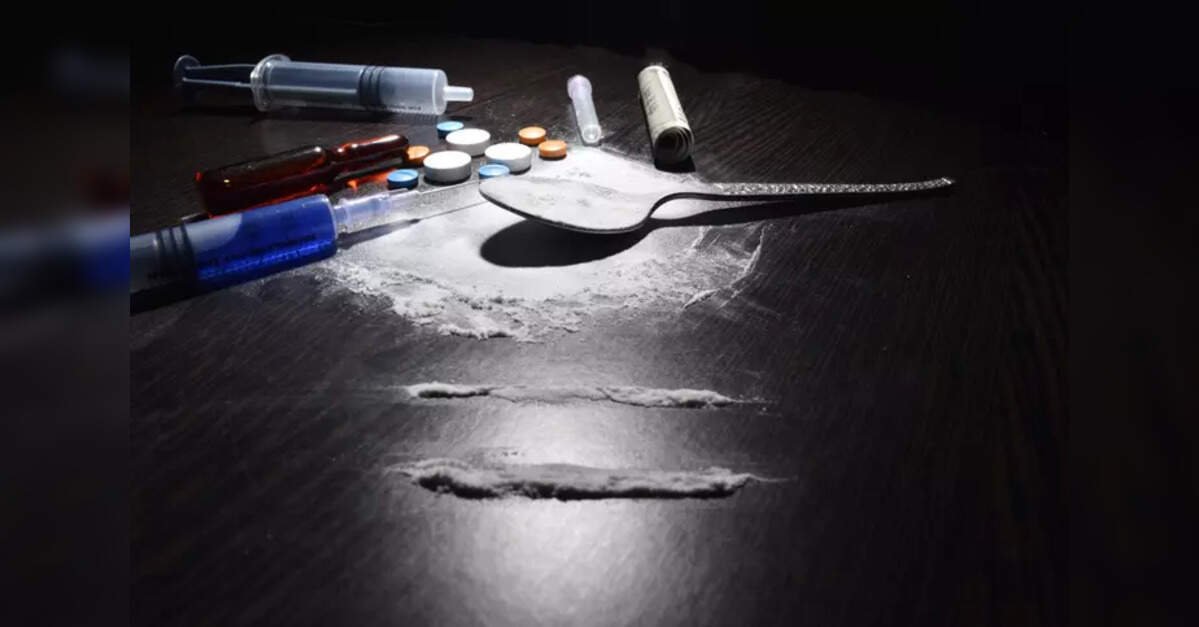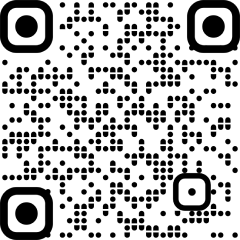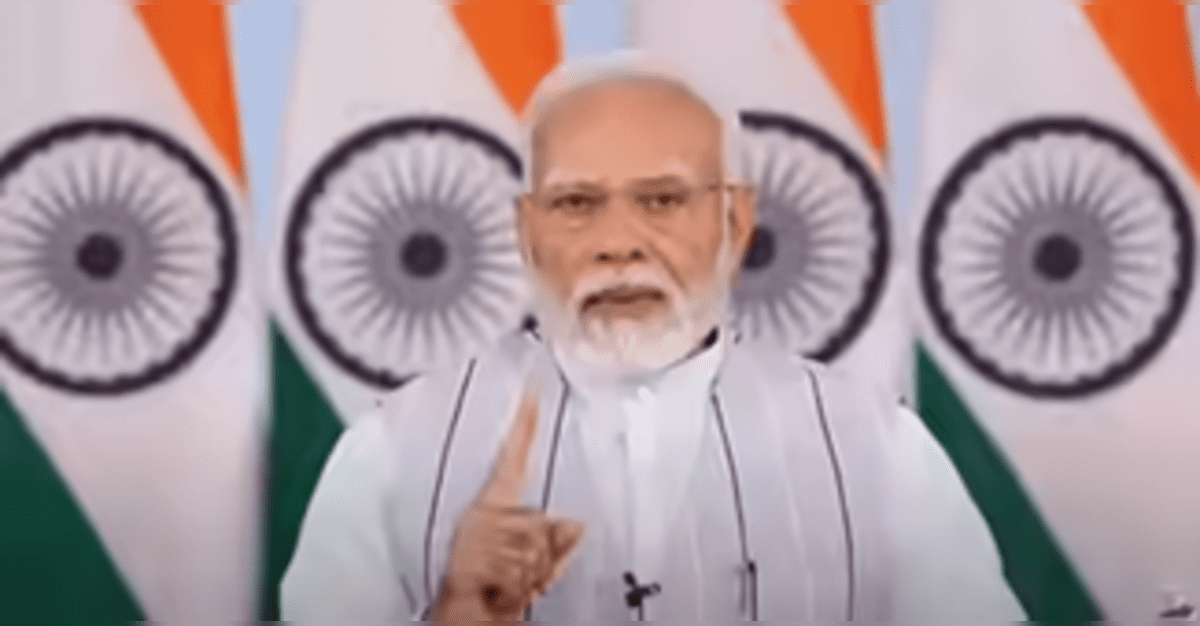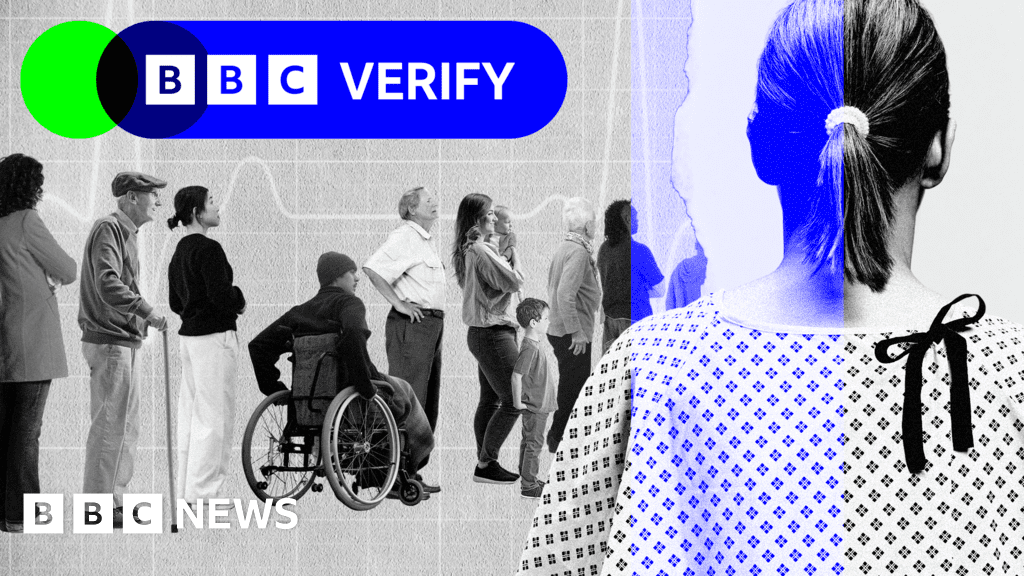Nagpur: Sharing data from a 2019 study done by AIIMS Delhi, Dr Prashant Joshi, CEO and executive director of AIIMS Nagpur, said that 2–3% of India’s population is affected by opioid and cannabis addiction.
“Nearly 80–90 per cent of them remain untreated, especially in rural and semi-urban areas, due to the lack of awareness, facilities, and trained personnel,” he said.
Speaking at the Anti-Drug Day national conference, Joshi stressed the need for context-specific, evidence-based interventions and stronger public health systems.
“Addiction requires early identification, compassionate care, and structured treatment. Telemedicine platforms like Tele-MANAS are vital in bridging the treatment gap where physical services are unavailable. Paramedical staff must be trained to recognise signs early and guide patients towards proper care,” he said.
Additional director general of prisons, Maharashtra, Suhas Warke, revealed that 80 per cent of the inmates in jails are currently undertrials, with only 20 per cent convicted.
“Trials under the NDPS are very lengthy, and the accused remain in jail the whole time,” he said. Giving the example of Byculla prison, he said that it is filled with youths convicted in minor crimes like pickpocketing and robbery, which they committed to feed their drug addiction.
“Through Mission Prayas, 1,300 prisoners have been rehabilitated and 3,000 released prisoners have been counselled,” he said. He further highlighted reforms under the Galabhet initiative, where jail inmates struggling with addiction are given structured support — family visits every two months, phone access, community radio, and regular counselling from professional NGOs.
Civic chief Abhijeet Chaudhari emphasized the need for increased awareness about rehabilitation options, stating that the drug problem cannot be addressed solely by the police.
“Only when families begin open conversations about drug abuse can real solutions emerge,” he said. Chaudhari added that the conference had provided valuable insights that could aid in framing more effective, updated drug policies. “NMC stands firmly with the city police in this collective fight against drugs,” he affirmed.
Nitin Ghorpade, a survivor of alcohol addiction, shared his remarkable transformation. For 15 years, he had battled severe addiction. In the early stages of recovery, people avoided his calls and doubted his intentions. As his health improved and mindset changed, people started noticing his determination. Today, he is not only clean but has completed five Ironman triathlons — one of the toughest endurance events in the world.
Ranjit Deol, principal secretary, school education, said, “Parents and teachers must be trained to spot early signs of drug use — sudden isolation, mood swings, or withdrawal. Schools should integrate drug education into the curriculum and engage parents directly. Policies must fund tech-based interventions, enable early response systems, and ensure all stakeholders act before addiction begins.”



